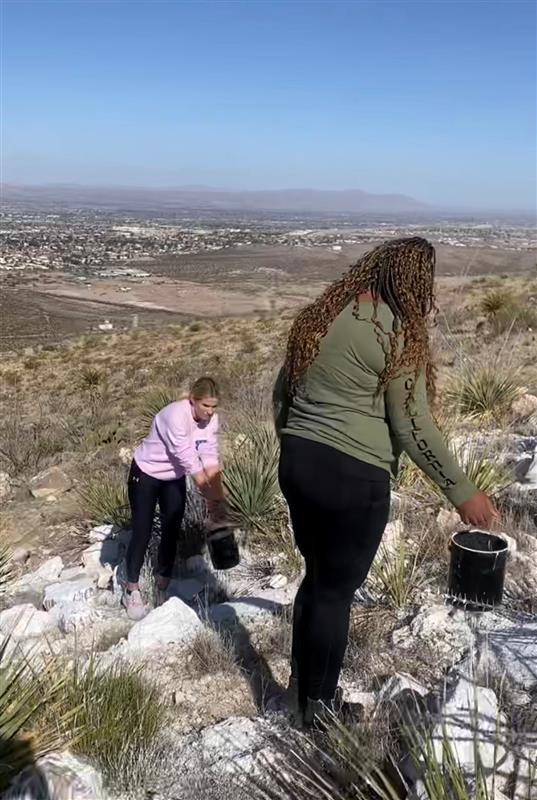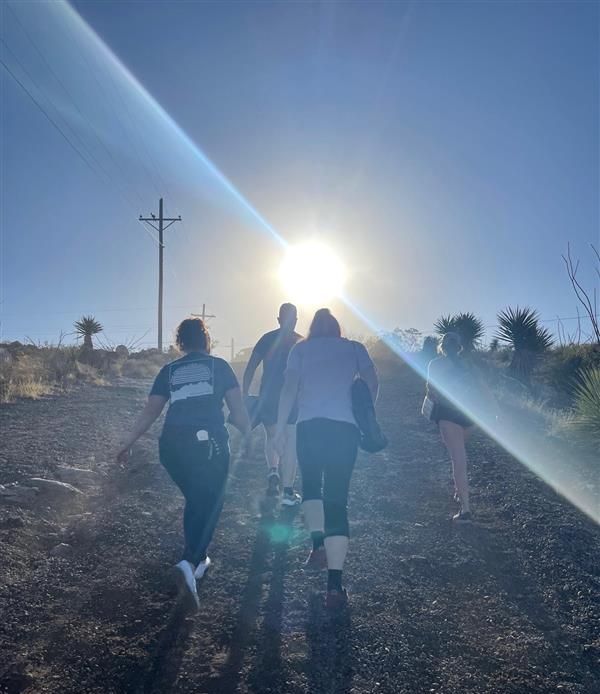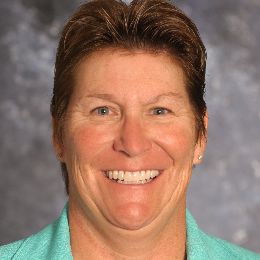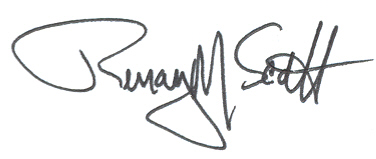From the desk of Renay Scott
May 13, 2022


Through co-curricular activities outside the classroom, NMSU students apply classroom learning to real-life situations that reflect their unique interests. Activities like Associated Students of NMSU and student organizations can transform in-class lessons into experiences that develop skills essential in the workplace and that apply in a wide range of settings – skills such as communication, problem solving, and critical thinking. Let’s explore several examples. Over 70 students are involved in ASNMSU annually. Those students experience representative leadership in tangible ways difficult to create in a classroom. They write and argue bills and resolutions, they lobby in Santa Fe for issues they care deeply about, they organize events, and they execute communication and marketing plans. These activities integrate classroom learning into experiences outside of the classroom in a powerful and profoundly meaningful way that helps the learning stick. Other students work with the Student Fee Review Board, which is accountable for reviewing and allocating over $17.5 million in student fees annually to units such as Campus Tutoring, the Library, and student organizations. Students on the SFRB review and debate requests from those units and weigh difficult decisions about how to best allocate those fees to benefit all students. The integration of fiscal and accounting concepts with authentic situations challenges students to grapple with the difficult decisions facing families, institutions, businesses, and governments on a regular basis. The Esports student club and Esports team are another great example. These students do more than play video games. They organize tournaments, recruit future Esports players and members, market their team and club, and engage in competition that requires critical thinking, collaboration, problem solving, and strategy. They are very intentional about matters of equity, diversity, and inclusion as they thoughtfully plan and organize events to attract diverse participants. Their success in a Twitter social media campaign and other outreach helped them raise over $17,000 in cash and in-kind donations for their club. The integration of event planning, fundraising, marketing, and DEI work provide the students with authentic experiences they can leverage for their future professional success. Such integrative learning, whether it takes place within fraternity and sorority life, as part of student councils or pre-professional societies, or in diversity programs, extend learning spaces campus-wide. Even better, skills learned through co-curricular activities like project management, teamwork, and leadership can be documented in Crimson Connection, which creates a co-curricular transcript relevant to future employers. Co-curricular activities empower students to explore their interests and engage in experiential learning. This partnership between the academic and co-curricular realms allows staff to reinforce faculty objectives through experiential learning, with our students as the biggest beneficiaries.

Take care, Aggies!

Renay Scott


